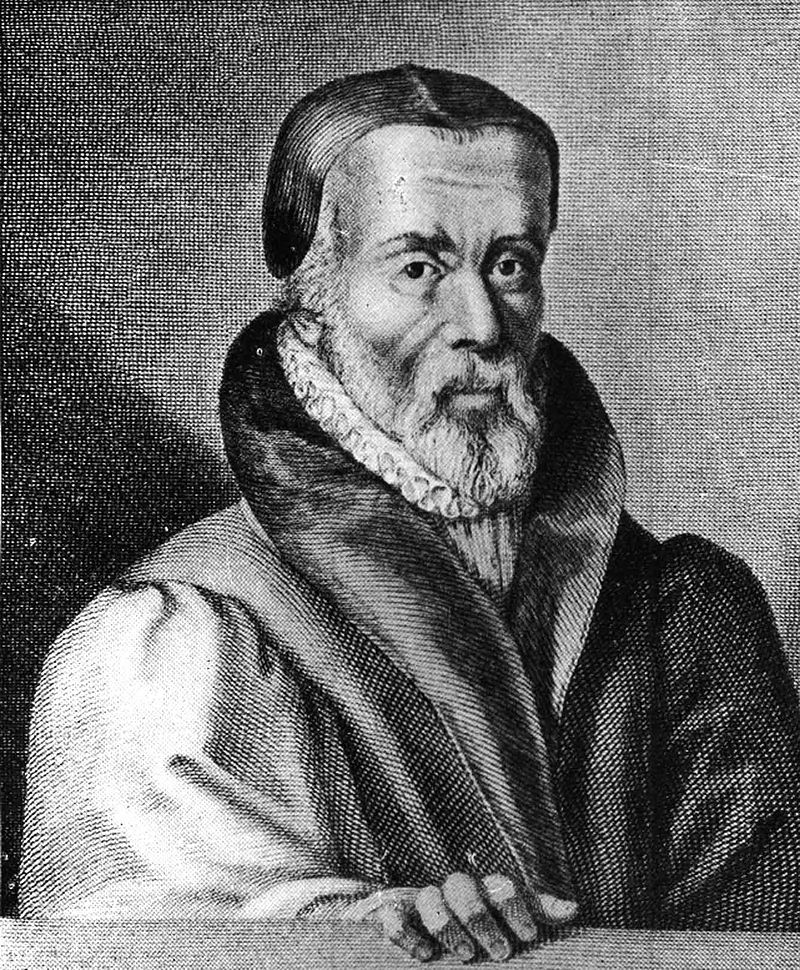Born From Above – A New Creation
We should always set time aside each day of the week to wait on God’s presence and to worship Him. But the wonderful thing about Shabbat is that it is a day, if we choose to take heed to Jesus’ instructions to practice and teach Torah (Mathew 5:17-20; Luke 1:17), by which we are instructed to completely lay aside our work obligations. It’s the only day of the week where “by the sweat of your brow you will eat your food” (Genesis 3:19) does not apply. In fact, just the opposite, you would be in breach of the fourth commandment if you did work on the Shabat. Not being under the penalties of the Law does not change the fact that God purpose-made the Shabbat for you (Mark 2:27).
So it was this Shabbat that the Lord, in His loving, kind, gentle but powerful Presence, gave us the following prophetic revelation:
“You are bread from Heaven”
That is not a word that is easily explained. After all, whatever we “hear” from God needs to be tested and backed up by Scripture. Jesus did not say that we are bread from Heaven, but what he did say is:
“I am the living bread that came down from heaven. Whoever eats this bread will live forever. This bread is my flesh, which I will give for the life of the world.” (John 6:51)
But what Jesus did say that might make us “bread from Heaven” is the following:
“Truly, truly, I say to you, except anyone be born from above, he is not able to see the kingdom of God.” (John 3:3 Berean Study Bible)
And Paul says:
And God raised us up with Christ and seated us with him in the heavenly realms in Christ Jesus (Ephesians 2:6)
Paul also says that we are a new creation (2 Corinthians 5:17)
So then, only because we are in Christ, we are born from above, seated with God in Heaven and a completely new creation. At our very best, even when we think that we are most righteous, our mortal flesh cannot attain to this. Paul says:
I declare to you, brothers and sisters, that flesh and blood cannot inherit the kingdom of God, nor does the perishable inherit the imperishable. (1 Corinthians 15:50 NIV)
As we abide in Jesus, working out our salvation with fear and trembling, it is then that we take hold of our citizenship in Heaven. We become, like Jesus, bread from Heaven.
So then, how does Shabbat’s Parashah portion in any way converge with this Heavenly revelation?
Shabat’s Parashah portion was Exodus 10:1 – 13:16. God does great things and great signs in Egypt. Pharaoh hardens his heart against all this, so that he gets to the point that he threatens to kill Moses if he ever sees his face again (Exodus 10:28). Moses agrees that Pharaoh will indeed never see his face again. The month of Aviv, in which Israel’s exit from Egypt is set to take place, is to be the “Rosh Chodeshiem” (Head of the months), the first month of the year. On the tenth day of this month, the Israelites were to take a spotless “seh” (either a lamb from the sheep or a kid from the goats) for each family and to keep it until the fourteenth day of this month, when it was to be sacrificed at twilight. The blood was then to be put on the doorposts and lintels of their houses, whereby the Israelites were to be spared from the death of the firstborn, as God would “pass over” them when he saw the blood.
The key to our understanding of this Parashah is to be found in Exodus 12:6. Almost the only true-to-the-Hebrew translation that I could find of this was from the Tyndale Bible of 1526. It is no wonder that William Tyndale was executed for his faith. It is also a wonder that our modern day translations deliberately miss the translation:
And ye shall kepe him in warde, vntyll the xiiij. daye of the same moneth. And euery ma of the multitude of Israel shall kyll him aboute eue.
I suppose that we would have to translate that out of the old English as:
And ye shall keep him in ward, until the 14th day of the same month. And every man of the multitude of Israel shall kill him about twilight.
The many thousands of lambs that were sacrificed that evening, a lamb for each family, together collectively symbolize ONE male lamb, not an “it” but a “he”, namely Yshua haMashiach (Jesus the Christ), the Lamb of God who takes away the sin of the world.
Therein is our sought after convergence between the revelation that we are “bread from Heaven” and the Parashah. Jesus, our unleavened “bread from Heaven”, is the singular male Passover Lamb who was slain for our sins, in order that we should be born from above and like him, become to the whole world bread from Heaven.

